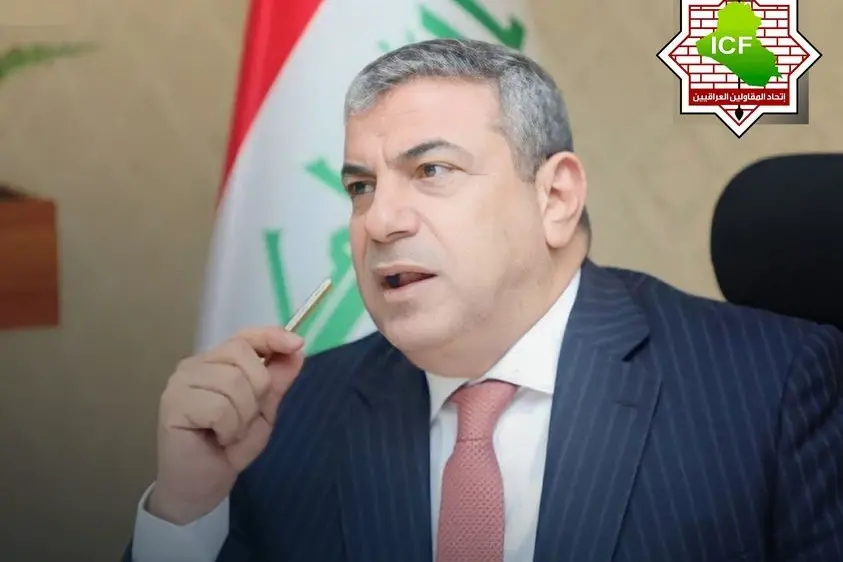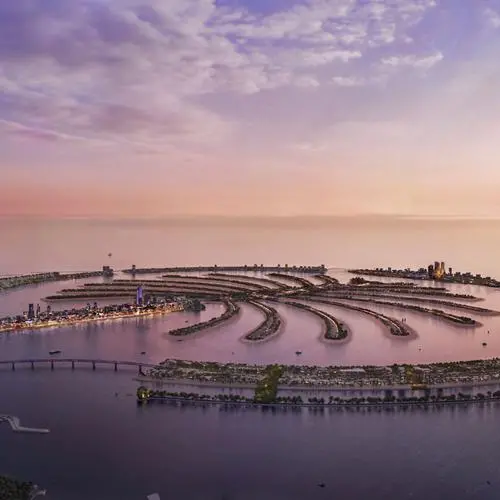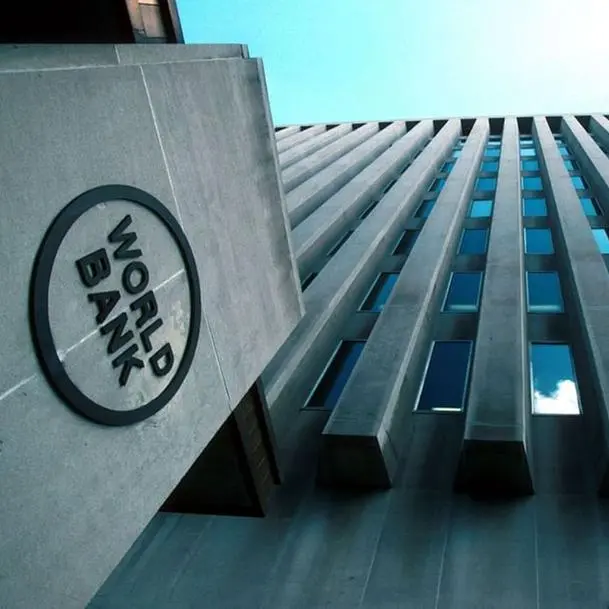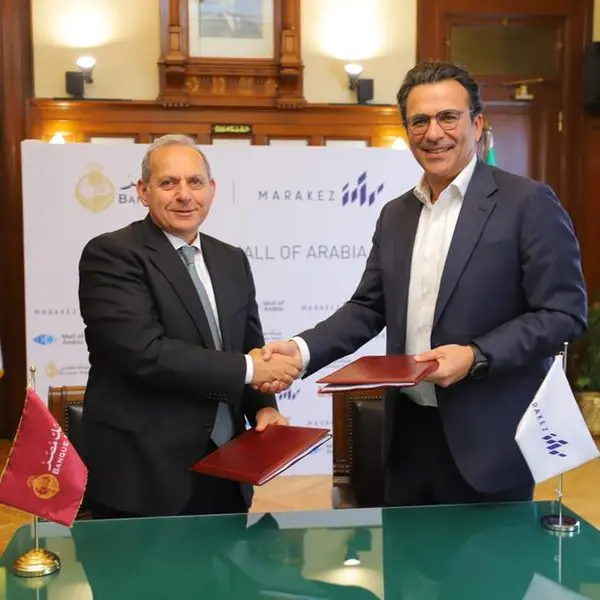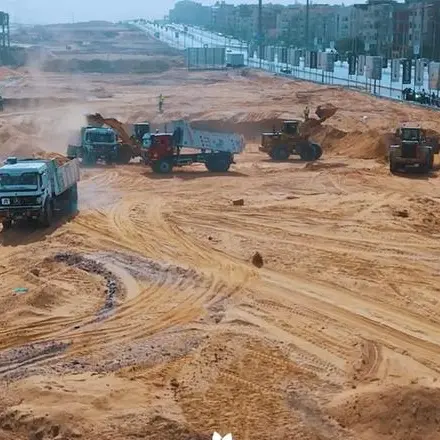PHOTO
Iraq needs to construct at least three million houses to tackle a widening supply gap due to a rapid population growth and lack of housing projects during years of internal hostilities, the OPEC member’s top contracting body said on Wednesday.
Although Iraqi companies have managed to grab an important share of public projects over the past years, they need to take steps, including mergers, to bolster their financial and technical position to seize more public contracts, Ali Al-Sanafi, President of Iraqi Contractors’ Federation (ICF), told Zawya Projects in an interview.
ICF was established under Law No. (59) of 1984 to organise the contracting profession and develop the sector.
“I believe that Iraq currently needs to build at least 3 million housing units to narrow a supply gap caused by the absence of major housing projects over the past years, rapid population growth and the lack of vertical building projects,” Sanafi said.
Excerpts from the interview:
How do you view the situation in Iraq’s construction sector Iraq and role of national companies in its development?
The construction sector in Iraq is considered one of the most important sectors due to its direct connection to the life of citizens for the sole reason of meeting the requirements of their accelerating needs after years of insecurity. From this important and vital standpoint, the largest and most important role played by Iraqi national companies, whether at the governmental level or those owned by the private sector, was in responding to these changes. You can see that local private sector construction companies have executed many vital and strategic projects with international specifications and standards, including infrastructure projects in addition to power plants, oil refineries, sewage, roads, bridges, and new residential cities. I believe that Iraqi companies will continue to grab contracts for new projects in Iraq due to their experience although more efforts and steps are needed strengthen their technical and financial resources.
There are many housing projects planned by the Iraqi government. What is the reason for such projects?
Iraq’s need for housing units is increasing and accumulating for several reasons. The primary reason is the lack of new project launches in the past years due to security issues as well as the absence of vertical building or high-rise culture. The immediate need for housing units is estimated at more than 3 million units in order to bridge the supply gap, taking into account the long-term population growth.
For these reasons, the government has striven to move at a calculated pace to create housing projects that meet part of the growing demand, as well as to simplify many procedures to attract investors for the purpose of building large new residential cities in a number of regions and governorates. I would like to note that local companies have actively contributed to many of those projects.
What is your advice to national contracting companies to grab a larger share of upcoming construction projects in Iraq?
There are continuous efforts to produce a purely Iraqi contracting profession that is effective and involved in all fields and specialisations. This has effectively contributed to the development of the contracting industry in Iraq. But I believe the main way to maintain the sector’s strength is the continued development of its executive resources such as specialised human resources as well as skilled technical labour and the use of modern technology and advanced building materials.
These factors together form the foundation for its development and prosperity. But there is also a need to create successful and capable companies through the establishment of large entities, whether through partnerships between the public and private sectors or the establishment of giant holding companies through the merger of several local companies and enterprises.
(Reporting by Nadim Kawach; Editing by Anoop Menon)
Subscribe to our Projects' PULSE newsletter that brings you trustworthy news, updates and insights on project activities, developments, and partnerships across sectors in the Middle East and Africa.
